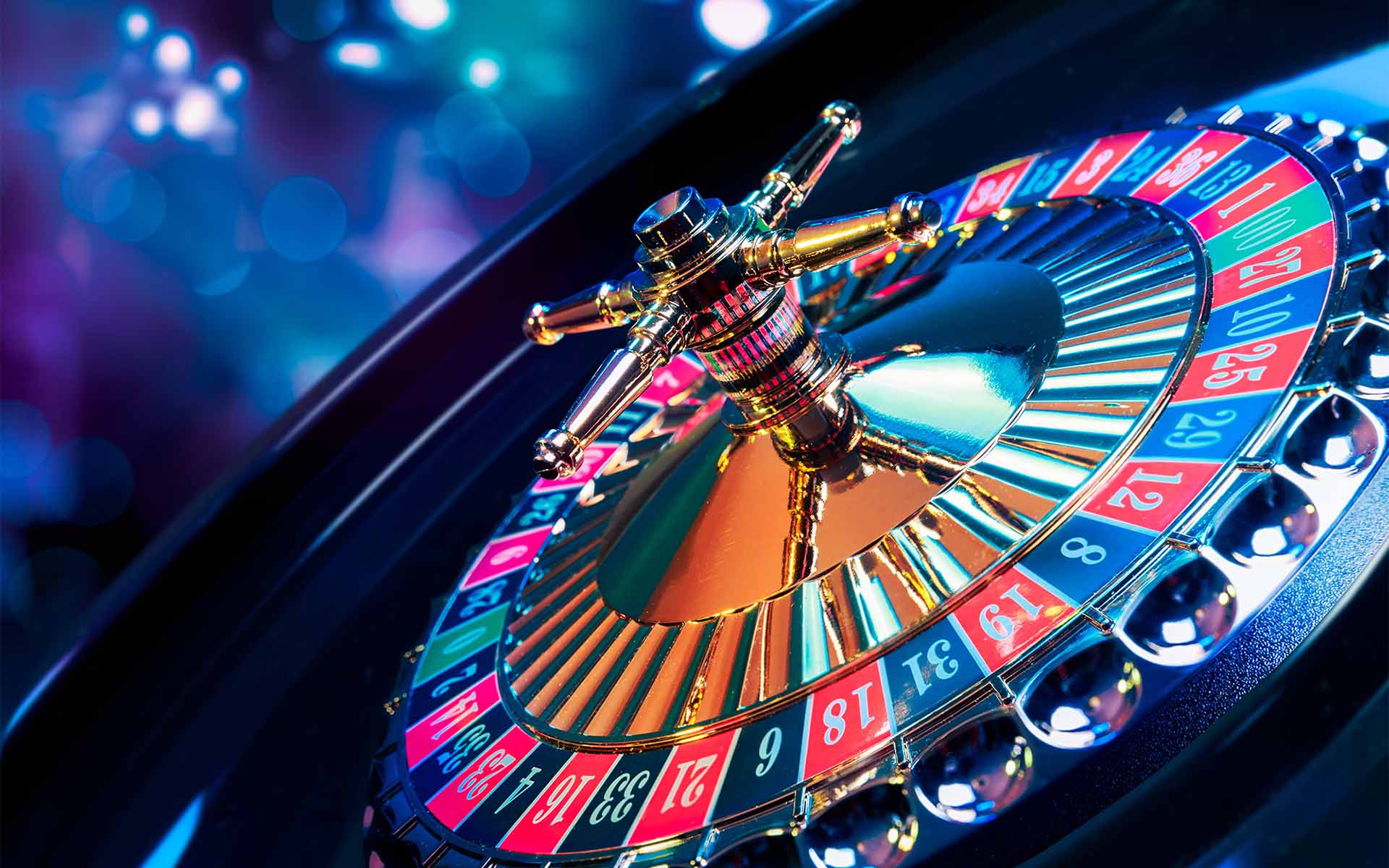
Casino games have long been an integral part of human culture, delivering not just entertainment but a captivating reflection of our hopes, ambitions, and anxieties. From the spinning reels of a slot machine to the skill-based strategies of poker, these games represent a spectrum of human emotions and events. At their core, casino games are not just a chance to win money; they are a microcosm of life itself, where risk versus reward merge and fortunes can change in an moment.
As players gather around tables or sit in front of vibrantly illuminated machines, they take part in a ritual that transcends mere playing. These games echo our innate desires for social interaction, adventure, and the search for fortune. They also reveal deeper truths about human nature, such as our relationship with luck and the adrenaline of the unknown. In exploring casino games, we discover not only the mechanics of play but also the complex weave of the human experience, showcasing our woven narratives of aspiration and reality.
The Mind Behind Gambling
Gambling is deeply rooted in the psyche of individuals, appealing to various feelings and desires. The excitement of risk-taking is a core aspect that draws players in, whether the thrill of spinning a roulette wheel or the anticipation of drawing a winning hand in a poker game. This adrenaline is frequently likened to other forms of thrill, as the unpredictability of outcomes triggers a distinct psychological response. Gamblers often find themselves captivated by the chance of striking it rich, leading to an irresistible draw toward casino games.
Another, a crucial component of the psychology behind gambling is the concept of hope and ambition. Participants often indulge in dreams of financial freedom and the luxurious lifestyle that can follow winning. This optimism fuels their ongoing participation in gambling, as it provides a sense of purpose and the belief that a transformative win could be just one bet away. The narrative of beating the odds and achieving success resonates with many, reinforcing their commitment to play and involve themselves with these games.
Lastly, social dynamics play a significant role in gambling psychology. Gambling venues are designed to promote social interaction, where gamblers gather to share the experience of wins and losses. This shared aspect not only enhances enjoyment but also affects behavior, as individuals often imitate the actions of others around them. The collective approval found in shared excitement can magnify the emotional experience, making casino games a mirror of not just personal desires but also collective engagement within the gambling community.
## The Dual Nature of Risk and Reward
Casino games embody the delicate balance between danger and gain that resonates profoundly with human psychology. casinos not on GamStop The thrill of placing a bet is often accompanied by a surge of excitement, as players are confronted with the prospect of striking it rich, yet conscious of the risk to lose. This twofold experience reflects a fundamental aspect of life: the paths we choose often come with inherent risks, and the chase for gain can push us to embrace risks we might not otherwise consider. In this way, casino games mirror real-world choices, enticing gamblers to gamble not just their money, but also their dreams.
The allure of jackpot prizes and payouts fuels a wave of hope, encouraging players to imagine a brighter future that could manifest from a lucky spin of the wheel or turn of a card. This optimism can drive individuals to engage in riskier behaviors, encouraging them to extend their limits in search of financial gain. However, just as in life, the outcomes of these decisions can lead to both triumph and failure. The stories of both jackpot winners and those who have lost everything at the tables demonstrate the random nature of chance and its impactful effect on our futures.
Ultimately, the interaction of engaging with gambling activities serves as a potent reminder of the nature of humanity. Every game played is filled with the tension of uncertainty, as gamblers weigh the rewards against the risks. This interaction not only highlights the excitement that comes with gambling but also exposes the weaknesses that come with the longing for more. As we journey through the complexities of decision-making and consequence in both the casino and in life, we find that the search for benefit shapes our identities and journeys in deep ways.
Culture and Isolation in Gambling Culture
Casino culture is a unique mix of communal interaction and individual endeavor, reflecting the tensions of individual experience. Players often gather around tables, sharing in the excitement of the game, rejoicing in wins, and commiserating over losses. This social aspect is crucial, as it establishes a sense of community and camaraderie among varied groups of individuals. Regular visitors to casinos may build friendships and establish routines, turning the casino into a alternative home where they feel connected to a greater community of gamblers.
However, the allure of gambling activities can also result to isolation. As individuals become immersed in the excitement of playing, they may isolate from personal relationships or neglect to interact with the world outside the casino. For some, the pursuit of a windfall can overshadow real relationships, leading to loneliness. The situation of being surrounded others yet experiencing solitary is not rare, as the attention shifts from collective fun to the private concerns of each player’s path.
This interplay of society and isolation creates a rich mosaic that defines casino culture. It showcases the complexity of human interactions, where joy and despair coexist. Gambling venues serve as both a refuge for social interaction and a stage for individual challenges, illustrating how deeply connected our yearning for companionship and the individual quest for wealth can be. In navigating this environment, players confront their own narratives—seeking both the thrill of the game and the fellowship of other gamblers, ultimately reflecting the wider spectrum of human experience.